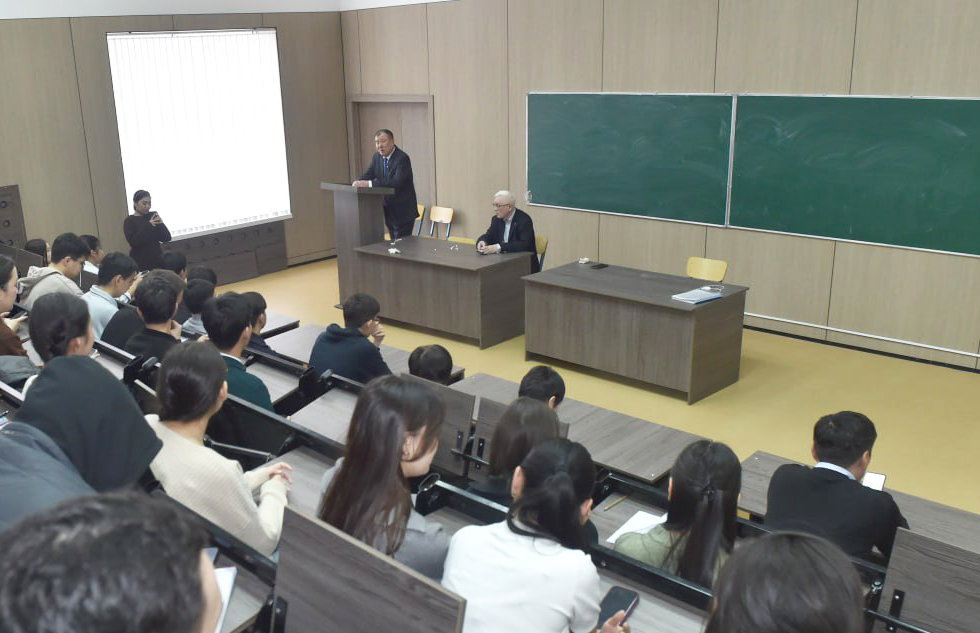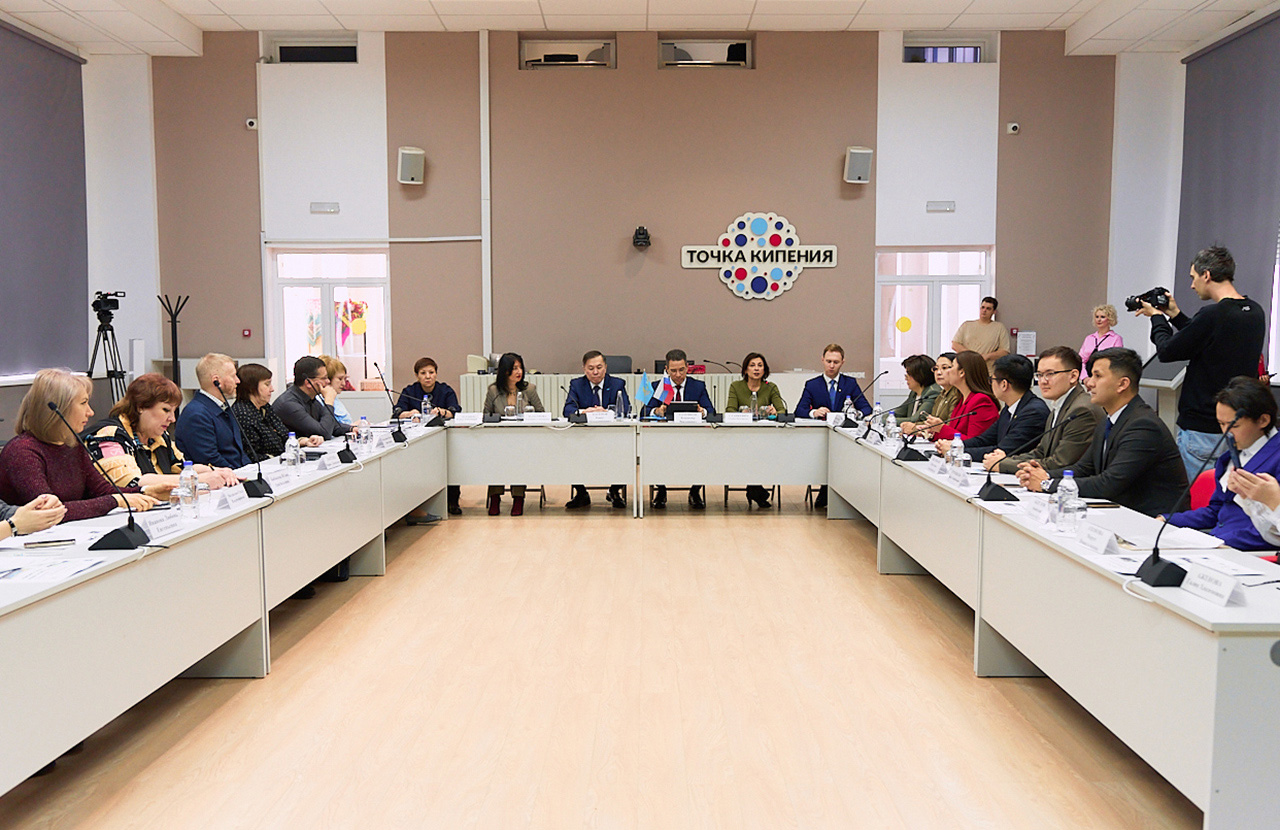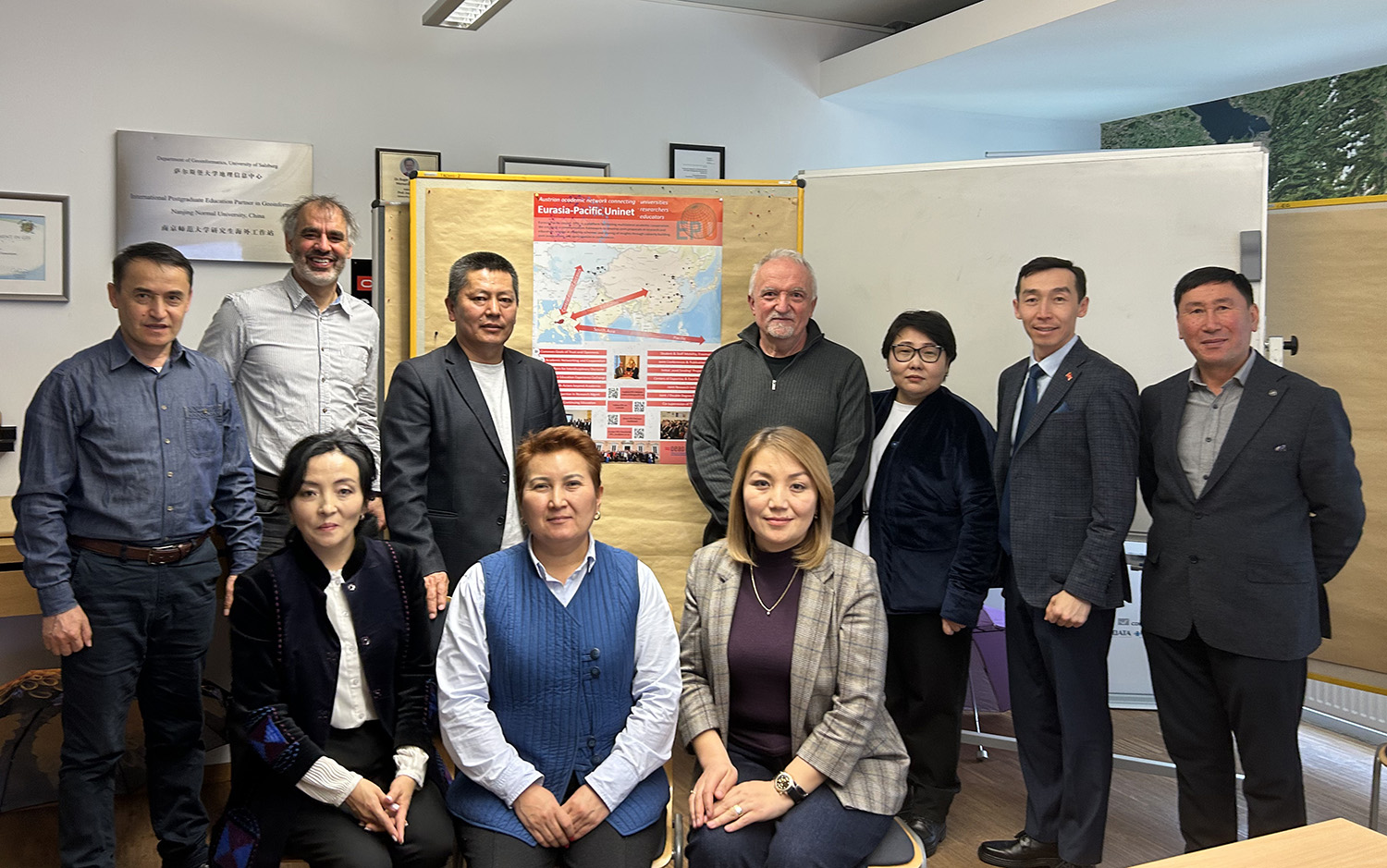SDG 17. Partnership for sustainable Development
On March 18, 2024, at the Faculty of Law of the Al-Farabi Kazakh National University, a scheduled meeting of the executors of the grant theme was held: "The collapse of the Russian Empire and the revival of the Kazakh statehood" for 2023-2025. The head of the topic is Candidate of Law, Professor Nurpeisov Yerkesh Kalievich. All performers participated.
Speaker – Auanasova A. Doctor of Historical Sciences, Professor, Head of the Department of History and Socio-Economic Development of Kazakhstan at the Institute of State History of the National Academy of Sciences of the Republic of Kazakhstan. The topic of the presentation is "Models of Russian colonialism of the 2nd half of the XIX – XX centuries. (using the example of Russian Turkestan and the Kazakh Steppe).
From the speaker's speech:
An expanded view of the problem of colonization makes it possible for socio-humanitarian sciences to identify the consequences of the era of colonialism on the development and formation of modern states in the knowledge of modern world political and social processes.
The signs of Russian colonialism were considered. These are the forced annexation of the occupied lands; deprivation of the colony's political independence; deprivation of the colony's legal status; economic exploitation; colonization of the land fund and natural resources of the earth; resettlement of peasants from the central provinces of Russia to the conquered lands; infringement of the civil rights of the local population; formation of an administrative-territorial management system supported by Russian capital, military and bureaucracy, local national elites; suppression of the liberation movement.
Conclusion
Despite the presence of overseas territories, the Russian Empire existed as a continental empire (from the XVI to the XXI centuries) with overseas territories (colonies). She chose the path of colonization of the Turkestan region (subregions), forming a model of local imperial government.
Russian colonialism forcibly brought administrative, territorial, socio-economic, and cultural assimilation to the Turkestan region and the Kazakh Steppe.
The Kazakh steppe finally became a colony of the Russian Empire in the nineteenth century. The destruction of the institution of khan's power, the consistent transformation of local administrative and social institutions in line with imperial attitudes aimed at the final transformation of the Steppe into a colony of the Russian Empire.
The oases of Turkestan, which repeated the fate of the Kazakh Steppe administratively, fell into the conditions of military and people's management. Aimed at consolidating general imperial practices in the region, it has defined the life of Russian Turkestan for half a century.
Dr. Yu.n., professor Kenzhaliev Z.Zh., Dr.yu.n., Professor Ibraуeva A.S. also spoke
The results of the seminar were summed up by the scientific director of the project, Professor Nurpeisov E.K.
The organizer of this event is the Department of Theory and History of State and Law, Constitutional and Administrative Law.
Those responsible for the event
Ibraуeva A.S. - du.n., Professor
Tursynkulova D.A. - Candidate of Law, Associate Professor



